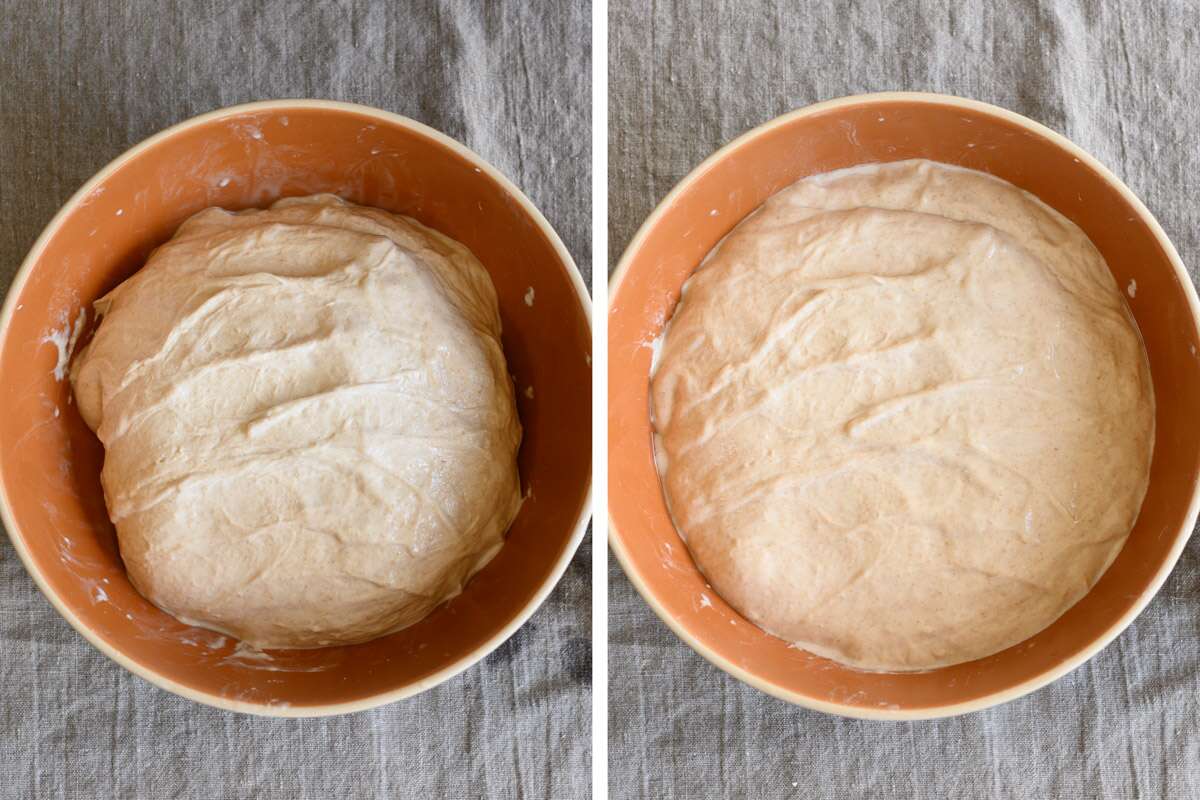What is Corn Starch Fermentation?
Corn starch fermentation is a process that involves breaking down the starch in corn into simpler compounds using microorganisms such as yeast or bacteria. This process produces valuable products such as ethanol and lactic acid, which are used in various industries including food, beverage, and biofuel production.
Why Ferment Corn Starch?
There are several reasons why fermenting corn starch is beneficial:
- Production of Ethanol: Corn starch fermentation is a key process in the production of ethanol, which is used as a biofuel and as a raw material in the production of alcoholic beverages.
- Production of Lactic Acid: Lactic acid, another product of corn starch fermentation, is used in the food industry as a preservative and flavor enhancer.
- Waste Reduction: Fermenting corn starch can help reduce waste by utilizing corn by-products to create valuable products.
Steps to Ferment Corn Starch
Here are the basic steps to ferment corn starch:
- Prepare the Corn Starch: Start by mixing the corn starch with water to create a slurry. The slurry is then heated to gelatinize the starch, making it more accessible to the fermenting microorganisms.
- Add Enzymes: Enzymes are added to the slurry to further break down the starch into simpler sugars, which can be easily fermented by microorganisms.
- Inoculate with Microorganisms: Once the starch is broken down, it is inoculated with the desired microorganisms such as yeast or lactic acid bacteria. These microorganisms will consume the sugars and produce ethanol or lactic acid as by-products.
- Fermentation: The inoculated slurry is then allowed to ferment for a specific period, during which the microorganisms metabolize the sugars and produce the desired products.
- Harvest the Products: After the fermentation is complete, the products such as ethanol or lactic acid can be separated from the remaining solids through distillation or other separation techniques.
Applications of Fermented Corn Starch
The products of corn starch fermentation have various applications:
- Biofuel Production: Ethanol produced from corn starch fermentation is used as a renewable fuel additive and in the production of biofuels.
- Food and Beverage Industry: Lactic acid produced from corn starch fermentation is used as a preservative and flavor enhancer in the food and beverage industry.
- Industrial Applications: Both ethanol and lactic acid have numerous industrial applications, including in the production of plastics, pharmaceuticals, and personal care products.
Conclusion
Fermenting corn starch is a valuable process that yields important products with diverse applications. Whether it’s the production of ethanol for biofuels or lactic acid for food preservation, corn starch fermentation plays a crucial role in various industries. Understanding the steps and applications of corn starch fermentation can help us appreciate its significance in the production of essential products.
More Delicious Fermented Corn Starch Recipes to Try
Once you've mastered the art of fermenting corn starch, a new realm of culinary possibilities opens up. For those eager to put their newfound skills to the test, the recipes provided offer a perfect starting point. Dive into the Corn Starch Fermented Beer Batter for Fish for a crispy delight, or experiment with the Fermented Corn Starch Pizza Dough for your next pizza night. Both recipes showcase the unique textures and flavors that fermented corn starch can bring to traditional dishes. Additionally, the Vegan Cheese with Fermented Corn Starch is highly recommended for those seeking a dairy-free alternative that doesn't compromise on taste. Each recipe is designed to enhance your cooking experience, allowing you to explore more sophisticated and satisfying dishes.
Was this page helpful?
Read Next: How To Ferment Without Sugar











